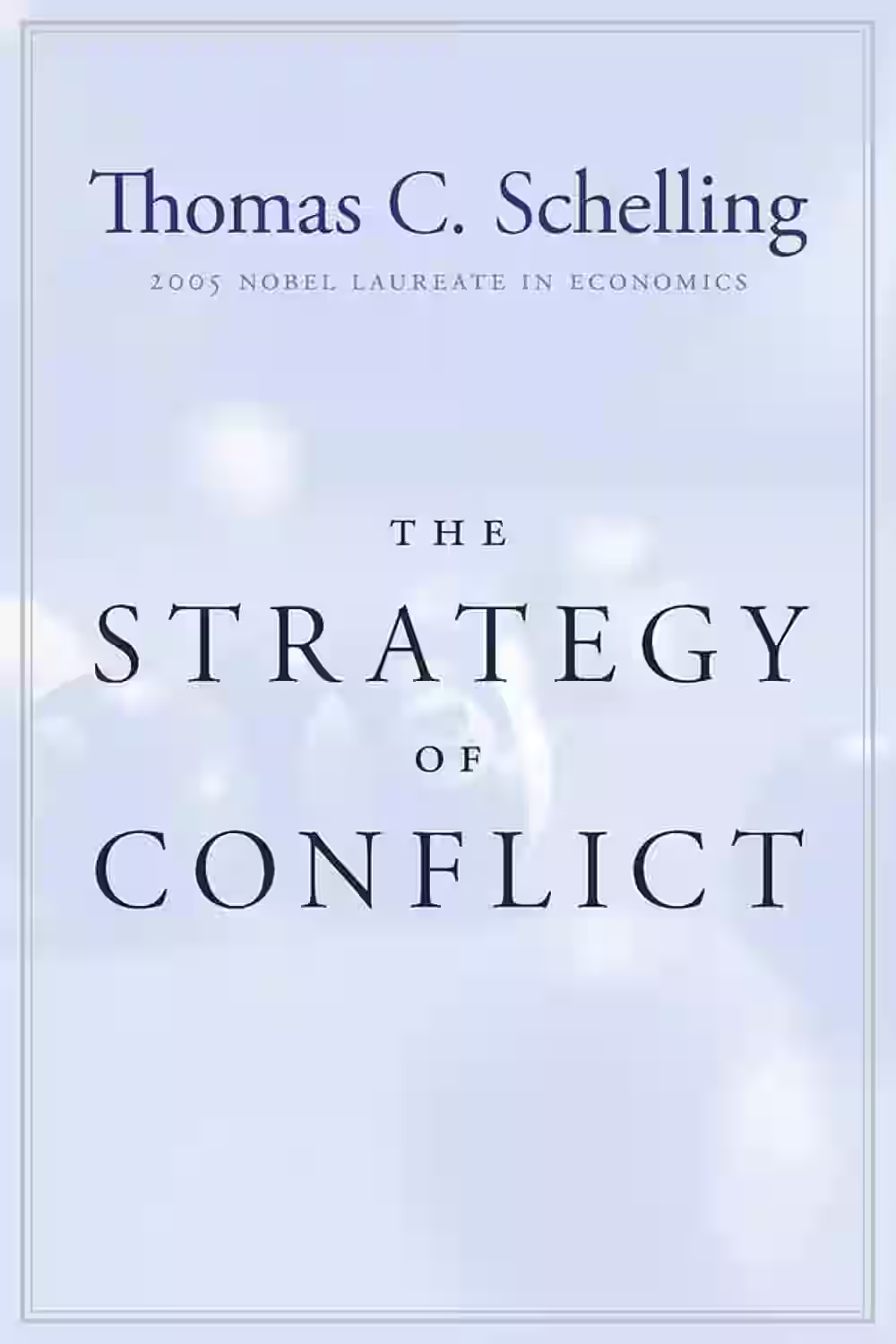
A seminal work in game theory, The Strategy of Conflict analyzes how individuals and nations behave in strategic situations—especially in contexts of negotiation, deterrence, and limited war. Schelling explores how communication, credibility, and rationality influence outcomes, showing how conflict can be managed, if not avoided. Originally published during the Cold War, its lessons remain relevant to diplomacy, business, and everyday life. With clarity and foresight, Schelling reveals the paradoxes of strategic thinking, like the value of unpredictability or the power of threats. His insights have shaped fields from economics to military strategy and behavioral science.
About Thomas C. Schelling
Thomas C. Schelling was an American economist and Nobel laureate known for his groundbreaking work in game theory and strategic behavior. His book The Strategy of Conflict transformed the study of negotiation, deterrence, and conflict resolution. Schelling’s theories were particularly influential during the Cold War, shaping U.S. defense policy and international relations. His insights into commitment, threats, and coordination apply not only to politics but also to economics, business, and everyday life. A professor at Harvard and Maryland, Schelling was revered for his intellectual clarity and ability to translate complex ideas into practical strategies.
Similar Books
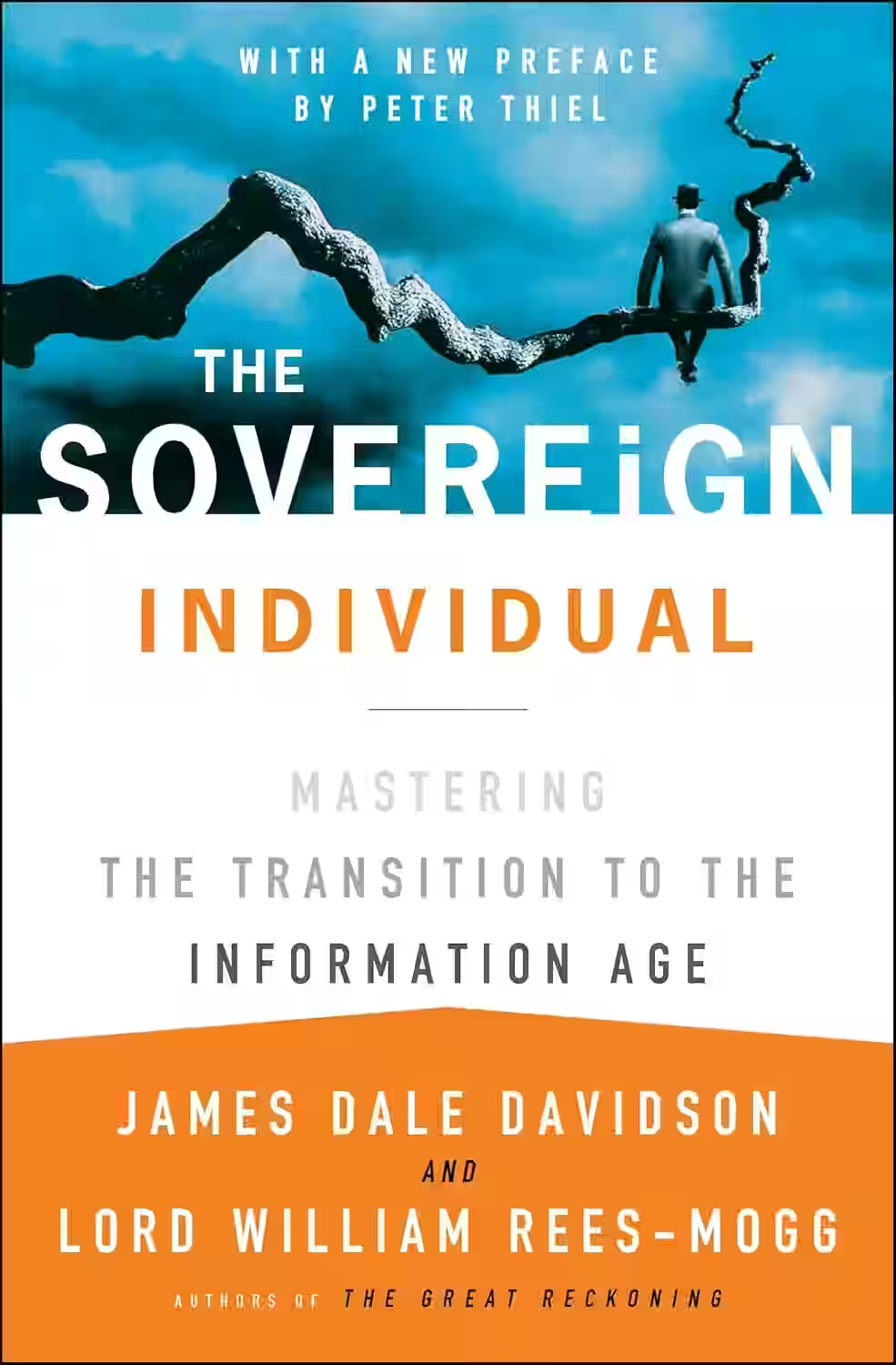
The Sovereign Individual
by James Dale Davidson, William Rees-Mogg
Published in 1997, The Sovereign Individual predicts the rise of the digital age and its impact on individual autonomy and state power. The authors argue that technological advancements, particularly the internet, will diminish the influence of governments and empower individuals to take control of their own lives. They foresee a future where traditional institutions are challenged, and personal sovereignty becomes paramount. This provocative work offers a foresightful analysis of the intersection between technology, economics, and personal freedom.
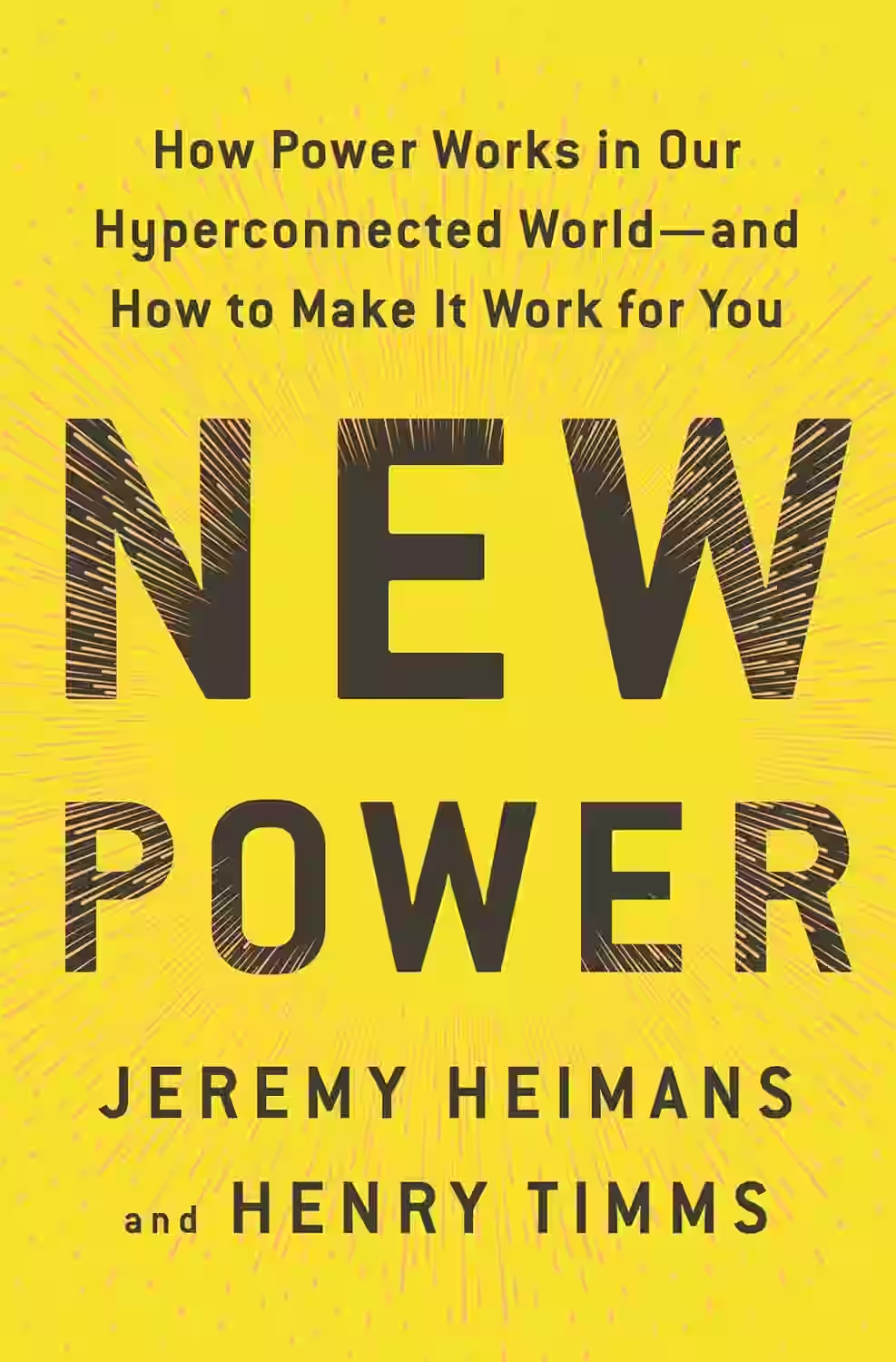
New Power: How Power Works in Our Hyperconnected World
by Jeremy Heimans, Henry Timms
New Power explores how influence, leadership, and engagement have evolved in the digital age. The authors contrast "old power"—top-down, closed, and leader-driven—with "new power"—open, participatory, and crowd-sourced. Through case studies like #MeToo, Airbnb, and TED, they show how modern movements and brands leverage community and transparency. The book offers tools for leaders, activists, and entrepreneurs to harness this shift effectively. Branson and other innovators have praised New Power for its relevance in today’s hyperconnected world, where collaboration and authenticity often matter more than hierarchy or control.
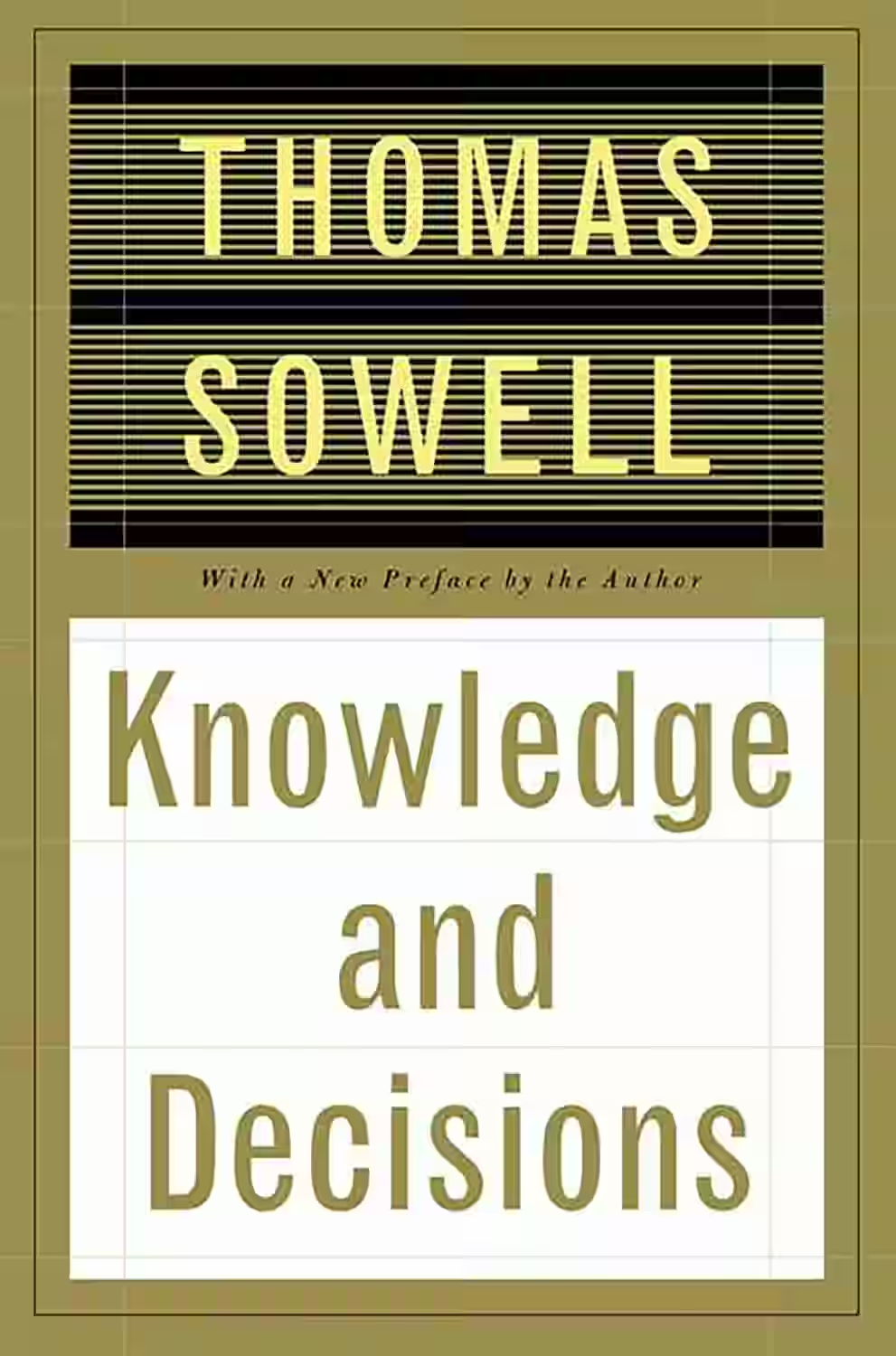
Knowledge and Decisions
Economist and political commentator Thomas Sowell explores how knowledge is distributed and used across different institutions, from markets to governments. He argues that decision-making is most efficient when decentralized and guided by incentives, rather than centralized planning. Sowell highlights how information, incentives, and constraints shape outcomes in society, emphasizing the superiority of systems that allow individuals to act on local knowledge. Rich in economic and philosophical insight, the book critiques technocratic overreach and defends free-market mechanisms. It’s considered one of Sowell’s most intellectually rigorous works, offering a deep framework for understanding how societies function.
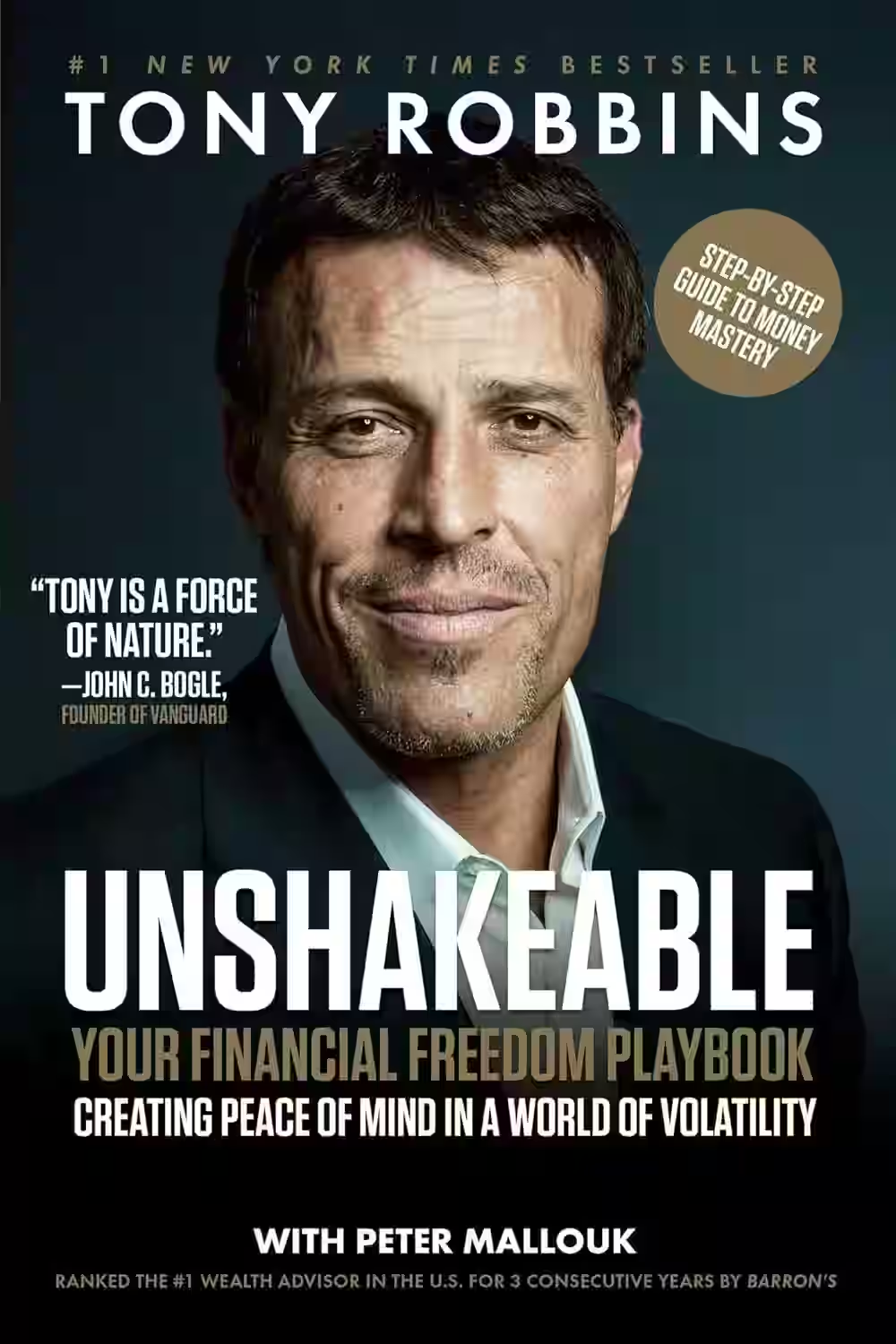
Unshakeable
by Tony Robbins
In "Unshakeable," Tony Robbins, along with financial advisor Peter Mallouk, delves into the world of personal finance and investment. The book is purposefully crafted to arm readers with the knowledge and strategies necessary to cultivate financial stability and confidence. Robbins breaks down complex financial concepts into accessible advice, especially valuable for those new to investing. Emphasizing the importance of staying the course during turbulent market times, it conveys a message of resilience. Robbins also includes practical insights from renowned investors, making it a comprehensive guide to wealth-building. While the book provides a reassuring perspective for anxious investors, it might offer less depth for seasoned financial enthusiasts.